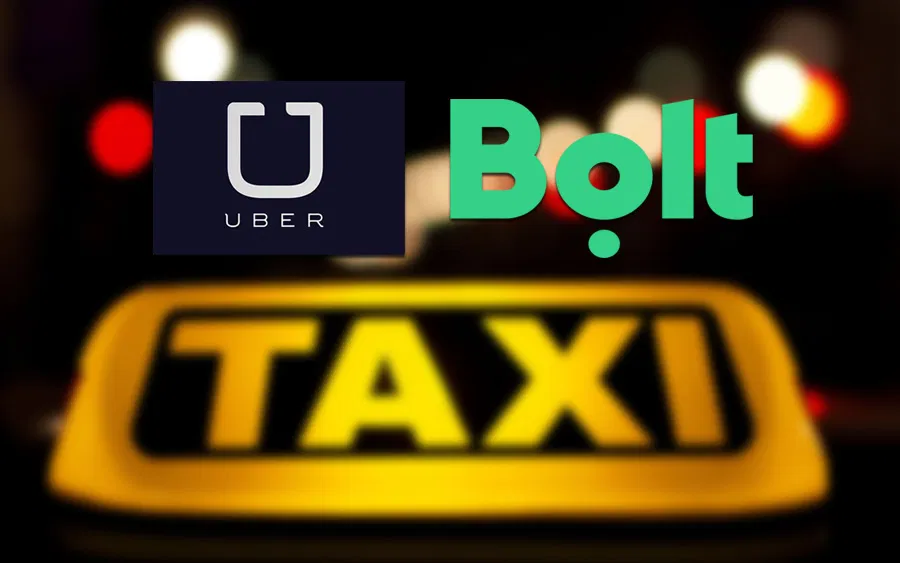Other Pages
- Opinion Poll
- About Us
- Send Your Story
- Contact Us
- Newsletter
- Privacy Policy
- Terms and Conditions

The Lagos State government has began the process of regulating the car-hailing market that consists of Uber, Bolt and other car-hailing services. The government has been pondering on financial regulation for months, and it has now reportedly drafted its license and renewal fees which the tech-driven taxis will have to pay in order to operate within the traffic-prone state - but there's a problem with the government regulations.
The new regulation - which has been approved by the state governor, Babajide Sanwo-Olu, according to Technext - is expected to begin on August 20. The financial regulation comes months after the Lagos State government banned motorcycle operations on its highways, and in most local government areas.
[READ ALSO: Nigeria's $3 billion Loan Request From World Bank Suffers Setback]
With the new regulations, car-hailing services which have been operating without much state regulation, will now be made to pay N10 million as license fee if they have about 1000 registered cars, while companies with over 1000 registered cars will pay N25 million as license fee if they intend to operate in Lagos State.
Also, these car-hailing companies must renew their license annually. The renewal attracts another fee, with app-based services with 1000 and below cars required to pay N5 million, while other services with 1000 and above registered cars are compelled to pay N10 million yearly to the state.

While the license and renewal fee are for the companies, the state government also regulated the drivers as well, with drivers expected to remit 10% of each trip to the state government as service charge. Note that Lagos State is the highest revenue-driven source of the car-hailing services in Nigeria, hence, the importance of the regulation.
Note that aside from the financial part of the regulation, the car-hailing services are also compelled to obtain LASDRI cards. Also, car-hailing drivers are expected to carry a badge issued by the department of public transport and commuter services of the state ministry of transport.

The license and renewal fees might chase some car-hailing services out of the Lagos state, especially the smaller services like Oga Taxi, InDrivers which are not raking the number of trips Uber and Bolt are recording each day.
[READ ALSO: Shoprite To Shutdown Another Kenyan Store Four Months After First Closure]
These smaller services are projected not to have up to 500 cars registered on their app, so their income will be lesser than the market leaders like Uber and Bolt. So the payment of N10 million might drill a hole too dip for them to fill in time for the renewal of their license. Note that the foreign car-hailing companies are not registered companies in Nigeria, so who will be paying the license fee.
Meanwhile, the cars or drivers operating in the car-hailing market are same all through the car-hailing platforms or apps. Car-hailing drivers are known to register on two or more apps to increase their chances of securing rides, so there are duplications on the apps - it is left to be seen if the car-hailing services will restrict drivers from engaging in duplication, in order to prevent loss of revenue to their market rivals.
As when drivers are not available for rides, it affects the revenue recorded by the car-hailing services.
0 Comment(s)